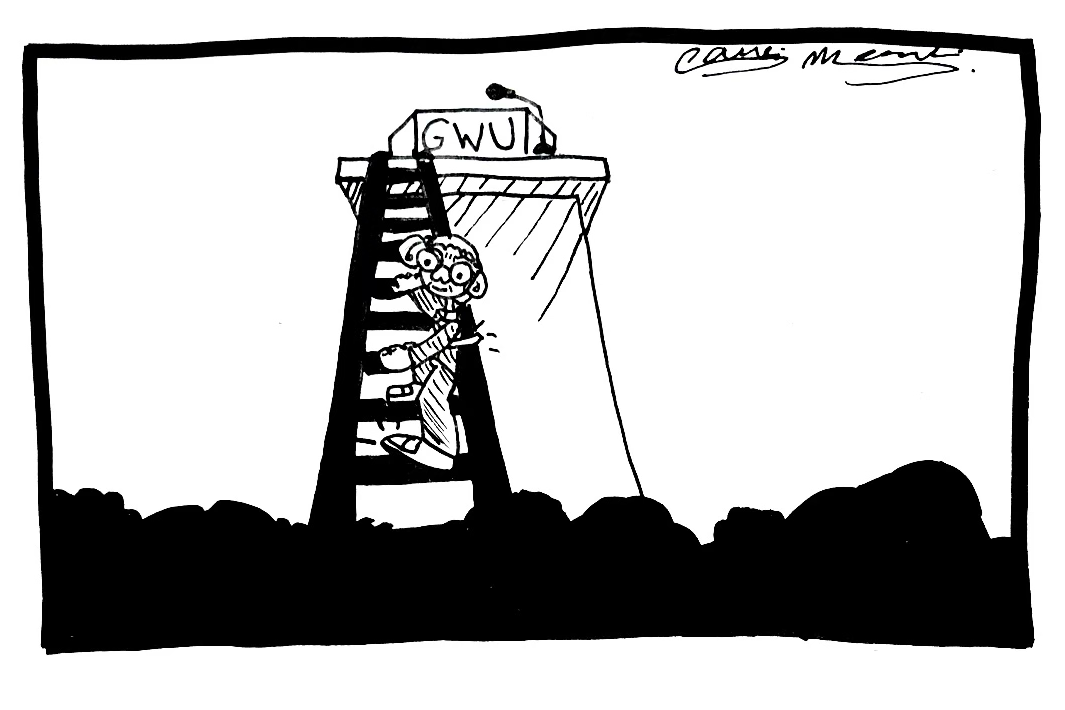Studying Spanish in high school was the best thing I ever chose to do. Learning another language broadened my cultural perspectives, helped me communicate with people around me who spoke Spanish and gave me a skill I could apply to my future careers. Many students major in a language or take language classes on campus for the same reasons, but officials are trying to take these benefits away.
The Department of Romance, German and Slavic Languages and Literature is considering cutting three 3000-level Spanish language classes available to students. More than 110 students have signed a petition asking for the department to reconsider its potential plans.
The department offers only a handful of language courses compared to literature courses, and cutting them further would limit students’ course options. The Spanish Language Program currently offers 12 language courses, four of which are 3000-level classes. That number is measly compared to the 29 Spanish literature courses.
Reading and writing in a second language can help students understand the language, but knowing how to orally communicate is crucial for students to master it. Shifting focus from verbal skills to literature and culture will prevent students from becoming proficient in oral Spanish communication. Speaking fluently or semi-fluently is a way for many people to connect with one another and learn about the culture behind different languages. The department should reconsider its intention to cut advanced Spanish language classes to allow students interested in the subject to adequately practice and master the language.
Students taking Spanish speaking classes are passionate, want to expand their skills and want to connect to and understand those who speak Spanish. But stripping the most practical means of mastering a language creates an obstacle for students majoring or minoring in the department. Without these classes, the University is turning out a bunch of half-baked Spanish speakers who may not be able to put their studies to good use. Students enrolled in Spanish literature and language classes should be confident in their ability to communicate by the time they graduate, and they need to orally speak in the language through classes to gain experience.
Students should also see these potential cuts as the first in many potential downsizes to the humanities and social sciences departments as officials decrease enrollment and increase the number of science, technology, engineering and math students. Growing STEM departments will likely result in budget cuts to GW’s smaller humanities departments, like language. Cutting this particular department tells students that their passion and interest in learning the language is not important enough to keep at the University.
Even if these cuts are not related to a proposed increase in STEM, the University should care that students majoring or minoring in the Spanish language may lack the education to speak the language well after graduation. The University is responsible for hindering the education of Spanish majors and minors and others interested in learning to speak Spanish. Officials should not remove courses that are crucial for students who want to master a particular skill – in this case, speaking Spanish.
Language is a powerful tool that should be taken seriously by the University. Spanish is spoken by about 400 million people in the world, and students have an advantage after they graduate if they can communicate in a language other than English. Limiting the upper-level courses offered will set students back and get in the way of them connecting with the rest of the world.
Hannah Thacker, a sophomore majoring in political communication, is the Hatchet’s contributing opinions editor.
Want to respond to this piece? Submit a letter to the editor.



